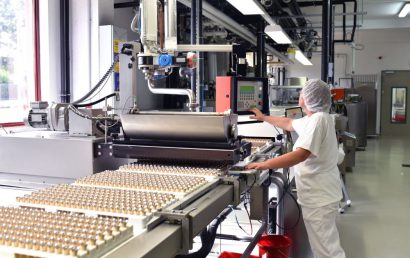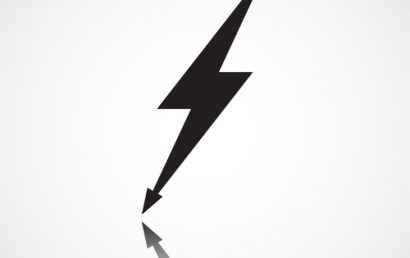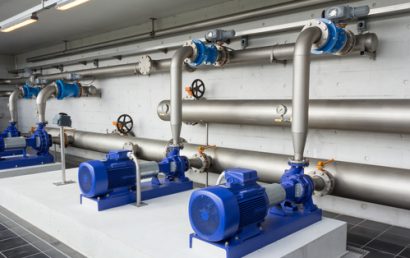Application Spotlight: Electrical Insulation
An insulator is a material that is unable to conduct electricity. Thanks to its high level of electrical resistance, it is unlike a conductor that offers low resistance to electric conductivity. You may have come across a term called electrical insulation system (EIS). This system is usually composed of a unique mix of materials that have been verified for chemical compatibility, when exposure to certain maximum temperatures is imminent.
Oftentimes, you will find these combinations being arranged to form insulation systems for various applications including solenoids, relays, transformers and motors. Product safety is one of the biggest reasons why electrical insulation systems are in play. Now these systems are emerging as a global standard, and that’s why they require special coatings to meet performance requirements.
About Fine Ceramics
Generally speaking, fine ceramics or advanced ceramics are recognized as insulating materials that are not good conductors of electricity. A few examples of products that leverage on the insulation properties of fine ceramics include surface-mounted electronic components, such as surface acoustic wave filters and quartz crystal oscillators. These products can be found in portable music players, automotive navigation systems and mobile phones. In addition, ceramic packages not only provide electrical insulation but advanced hermetic sealing between electric circuit lines as well. This helps maintain the reliability of these electronic components.
Thermal Spraying for Dielectric Coatings
For starters, the presence of thermally- and electrically-insulating coatings are vital in a majority of plant construction and modern machinery. The performance of these system components are constantly increasing, which makes insulation coatings necessary to meet those requirements. If you are looking for fully-customized high-performance insulation coatings, A&A Coatings is able to tailor ceramic-based plasma coatings for you. Your thermally loaded equipment and components will benefit from these coatings as their corrosion resistance properties can be maintained and/or enhanced.
Let’s take a look at this matter from another perspective. Firstly, think of electrical insulation as a function. You should note that it is a function that’s not only needed in machinery and vehicle engineering but in electrical engineering and electronics too. These components and equipment are susceptible to bearing damages that can be caused by induction currents or creepage. These damages, however, can be prevented by electrical insulation coatings. These coatings can provide a dielectric strength of at least 2kV/0.1 mm.
Nowadays, an increasing number of modern power electronics make certain the need for more high-performance coatings, so that the demands of high power densities and increasing operating voltages can be met. You can be sure that our experience at A&A Coatings will help you to meet these challenges.
Common Electrical Insulation Applications for Dielectric Coatings
A few of the common applications for our electrical insulating coatings include:
- Laser wave guides and other free-standing electrical insulators
- Thermal spray resistance heaters
- High temperature strain gauges
- Corona suppressors in high voltage systems
- Heat sinks (semiconductor types)
Thermal Spraying Processes and Materials chosen for Electrical Insulation Applications
- Aluminum oxide
Applied via HVOF or plasma spraying. This coating material can be used to create efficient coatings for corona rolls, circuit boards, heat sinks, casings, rolling contact bearing shells and bearing seats
- Zirconium oxide
Applied via plasma spraying. This coating material can be used to create thermal barrier coatings on casting molds, engine components, thermal apparatuses, burner parts and turbine blades



